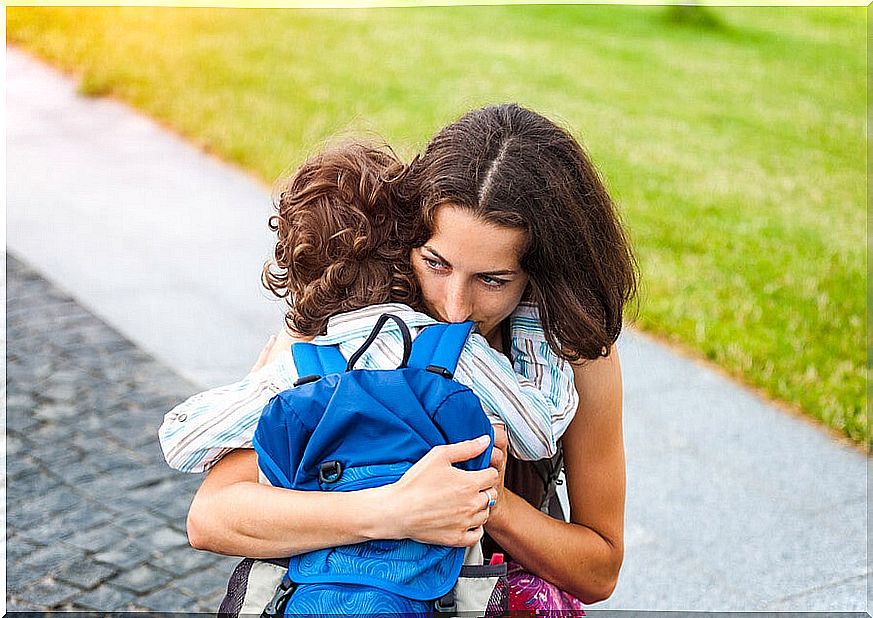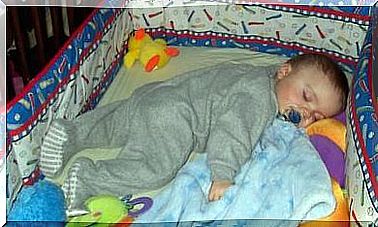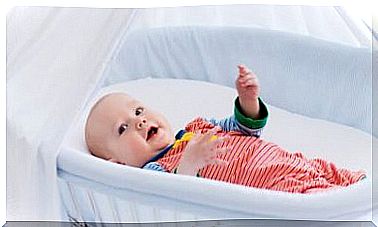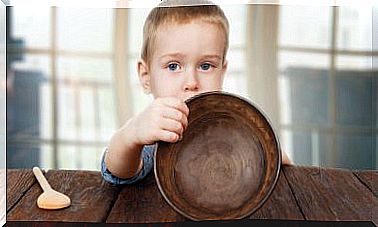Do You Do Too Much For Your Children?

Protecting children is an obligation of mothers and fathers. But what where care ends and overprotection begins? How do you know if you do too much for your children? That limit is not easily recognized. What you can do is analyze your family day to day and look for the corresponding clues.
If you prefer to give your child the food in the mouth when he is old enough to do that alone, it is time to review those attitudes and start thinking if you do too much for your children. We know that you do not do it with bad intentions, but the ideal is not to exaggerate .
How do you know if you do too much for your children?
What do you do if your child is trying to tie his shoes? What if you come home after work and you haven’t done your school activities school ? Do you run to finish homework for him?
If you do not allow him to help you with any housework or if you are a father or a mother who cannot separate from his child, it is time to reflect if your care is going beyond normal limits.
Protecting is an attitude that most parents have with their children. When you do too much for your children in an excessive way, you generate conflicts and feelings of imprisonment . This excess of care can become a damage that harms the family. Learn to balance caring so that it does not become an obsession and cause harm to them.
Taking risks is part of growing children
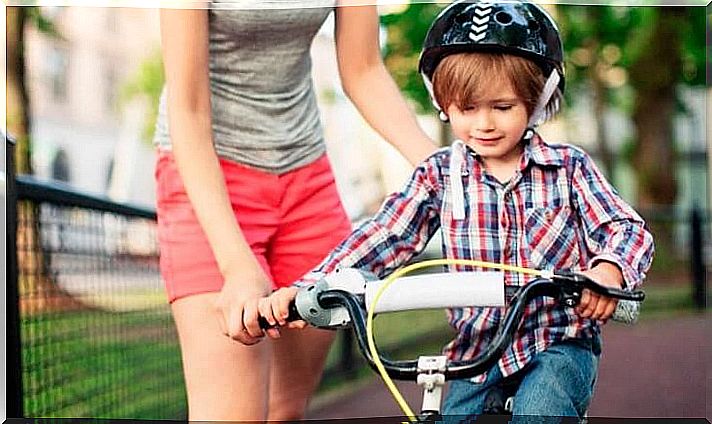
Let your child resolve some conflicts. Arguing over a toy with another child is healthy. When parents interfere a lot, children fail to acquire important childhood skills. A child who does not know how to deal with frustrations can become self-centered and irritating. Children like this usually cry a lot and usually have tantrums.
Your child will want and need to play. Sometimes it will hurt and even hurt creating a mark for life, but all this is totally normal. It is important to delegate responsibilities to your child according to his age and let him take certain risks.
You will know that you do too much for your children if you keep talking to them and answering for them like they can’t. . Do not prevent him from falling, playing with other children, and facing certain challenges.
You must prepare your child for the world
If you do too much for your children they will tend to:
- Grow insecure.
- Being too restless or too passive.
- Being afraid of facing unexpected situations.
- Having difficulty relating to other people.
- Not having autonomy or initiative.
- Bequeath to become, in some cases, aggressive people who do not respect the rules or other people.
Give him tools to develop his own attitudes and confidence in himself and the world . Teach him to make good decisions through dialogue, understanding, and honesty. Do not put your child under your wing, because one day he will have to fly alone.
Don’t feel guilty about your children’s mistakes

It is clear that if you let your child have a certain autonomy according to his age, he will continually make mistakes . You will not always get good grades in school subjects and you will sometimes rely on bad company. This is where parents need to understand that this is part of their child’s learning process.
There is no need for you to get depressed about it or be ready to interfere in matters in a way that makes your child feel overwhelmed. Stop criticizing their actions and criticizing yourself. This means that you do too much for your children. What you will achieve is that there is no harmony and you will not help your child to overcome his faults.
Do you do too much for your children ?: control your behavior
The anxiety extreme may be the reason why you do too much for your children . This can produce an unhealthy obsession for your family. Try to alleviate tensions by:
- The practice of some sport.
- Talking with friends or specialists on the subject.
- Trusting your children more.
- Taking time for yourself.
- Going out for a walk.
He thinks that children need their own space to grow and develop optimally. Perhaps for you they are the most delicate beings but they need their freedom. Let them make mistakes and cry . Do not prevent them from learning or interacting with other people.
